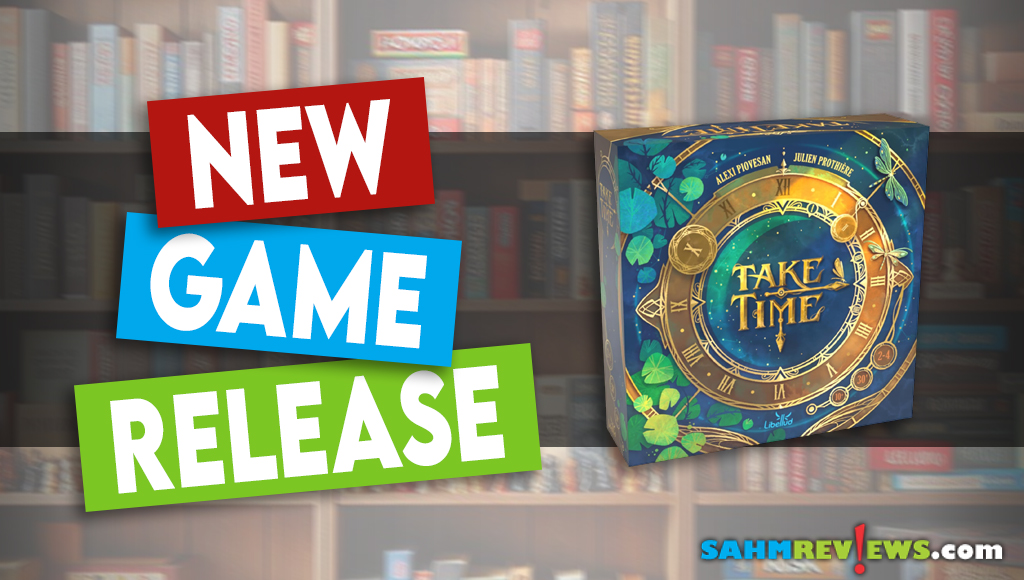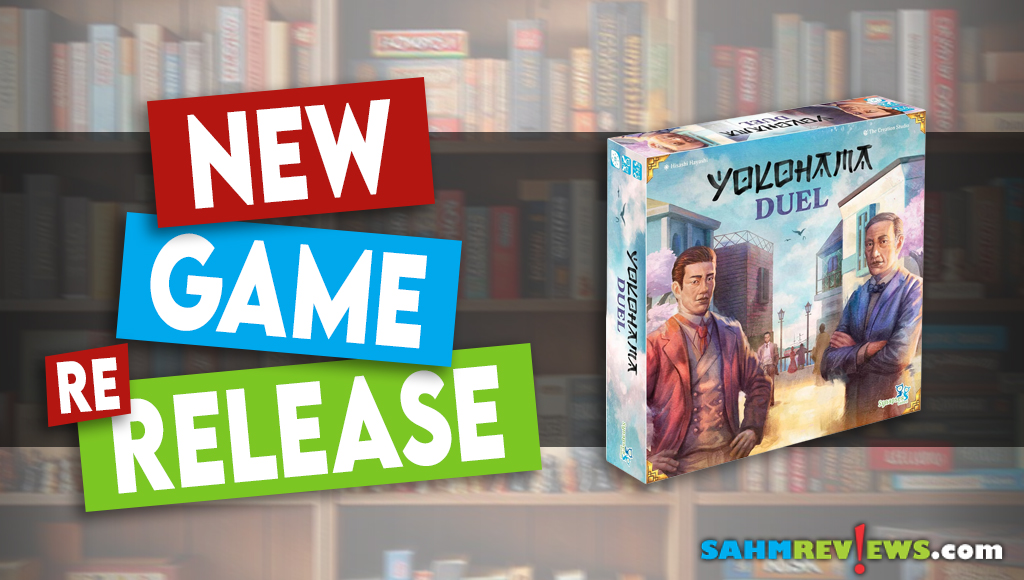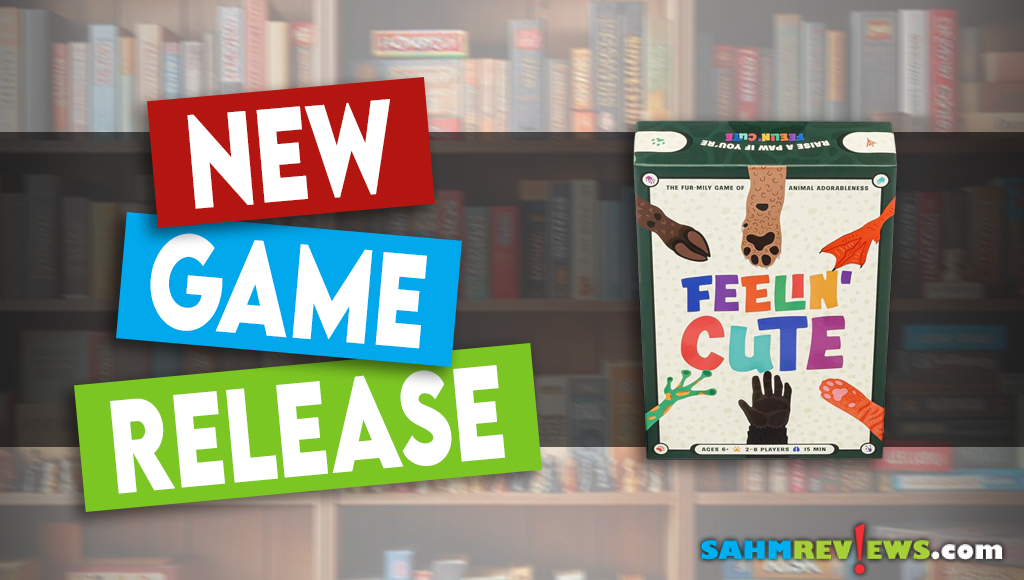Sleeping Gods Cooperative Campaign Game Overview

It’s been a hot minute or two since I took the time to write a game overview – or any content for that matter. We’ve been pretty busy with other commitments and writing was at the bottom of the priority list. Scott’s been keeping things alive by preparing articles in our “New game release” series. He amazes me with all he is able to accomplish. He continues to design games including new ones in the boop! game franchise. Seems like yesterday I offered advice for a new college student to our daughter as she ventured off to the University of Iowa. She graduated a few weeks ago and will be attending grad school in the fall. Where did the time go?! Oh, and our youngest just took her MCAT as she takes steps to becoming a doctor. Time sure is a funny thing, isn’t it? Thankfully, we still find time to regularly play games with friends either at our home, at game conventions or meetups at game stores. Campaign games like Sleeping Gods from Red Raven Games offer a continuing story that we can jump in and out of as our schedule permits.

Successes of Stranger Things and Critical Role have reinvigorated an interest in role-playing games like Dungeons & Dragons. One of the obstacles for many people is the creativity needed to make those games shine. Pre-built campaign games like Sleeping Gods scratch the same itch without requiring the same degree of prep work. Sleeping Gods is a cooperative campaign game where players are guiding a crew through an assortment of adventures in the Wandering Sea in a quest to awaken the sleeping gods. The immersive storybook and atlas are what makes it easy for players to get up and running.

Players take turns and take a ship action, draw an event card and resolve its events. Then they perform two actions on the ship board which may include exploring (and reading the storybook) or traveling. Throughout the game, players use the strengths – or weaknesses – of the crew members to determine their fate in challenges. The atlas, a book filled with maps, is how players choose the direction of their adventures. Choices are limited by what is nearby, but everyone is able to make that decision on their own. Sometimes that involves movement through the sea and other times exploring the various islands.

The outcome of those decisions is constantly evolving as the story unfolds. This isn’t simply a game where you draw a card and resolve it. There’s an entire story that paints a picture of what is happening. With environmental descriptions about the landscape, buildings, creatures or people along with conversations between the crew members, players are immersed in the adventure then presented with a decision on what to do next.

Each crew member has a unique set of skills such as strength, perception, savvy, craft and cunning. When faced with a challenge that requires you to check the abilities against the requirements of the situation, you’ll draw Ability Cards. These adjust the value of the qualities on the crew member’s profile. If that total is high enough, you’ll succeed and can proceed. Alas, consistent successes would make things too easy and also pretty boring. Speaking from experience, you can assume that you’ll also often fail. Great cooperative games like Pandemic have carefully balanced the win/loss ratio so I’m not complaining a bit.

As with many adventure games, there’s combat involved. When the storybook reveals a combat interaction, players must deal with and defeat the enemies before being able to continue on their journey. It’s pretty standard with tracking health of the characters and monsters. But enemies aren’t the only ways you can lose health. Sometimes it’s just fate caused by the discovery of something like a hidden crate…

In Sleeping Gods, players receive rewards such as resources, coins and status as well as consequences such as damage and fatigue. Each session includes events, quests and exploration that are logged on a journey sheet. While we often discuss the “replayability” of a game based on many factors, Sleeping Gods takes care of it through the very detailed storybook and event cards. No two turns are the same, let alone two games.
Sleeping Gods is intended for players 14 and up, however younger players familiar with the genre will do fine. For player count, you can adventure solo or bring along up to three others. Whichever route you take it’s best to remain consistent. We’ve played games that allow player count to change from session to session, but we’ve found this discouraging people from wanting to join into an already existing campaign. Chat with your local game store if you’re curious about this or other products from Red Raven Games or add a copy to your cart the next time you place an Amazon order.
What do you enjoy most about campaign games?



1 thought on “Sleeping Gods Cooperative Campaign Game Overview”